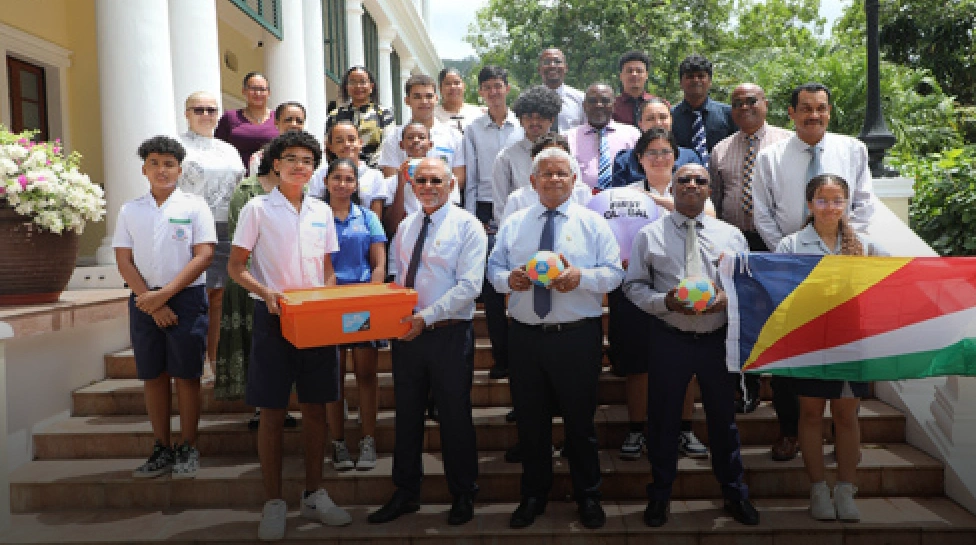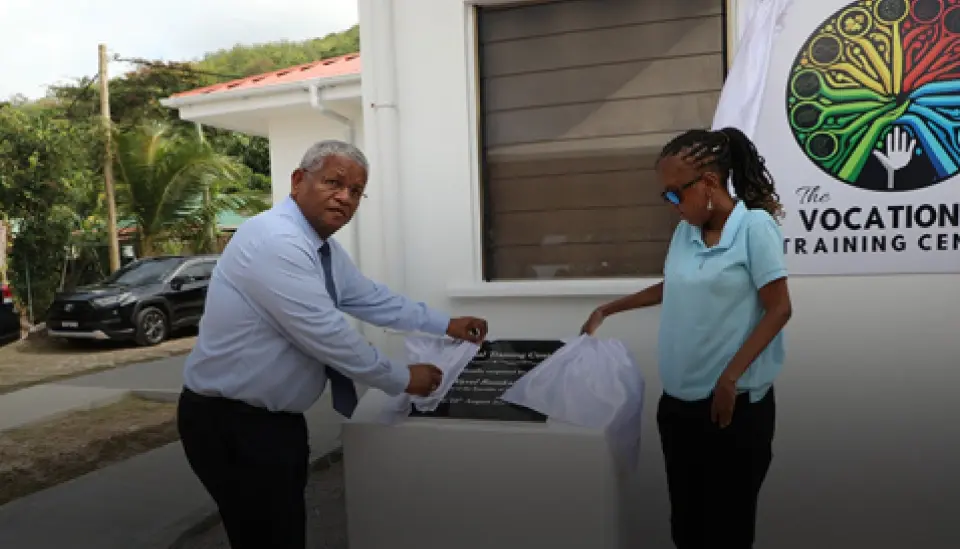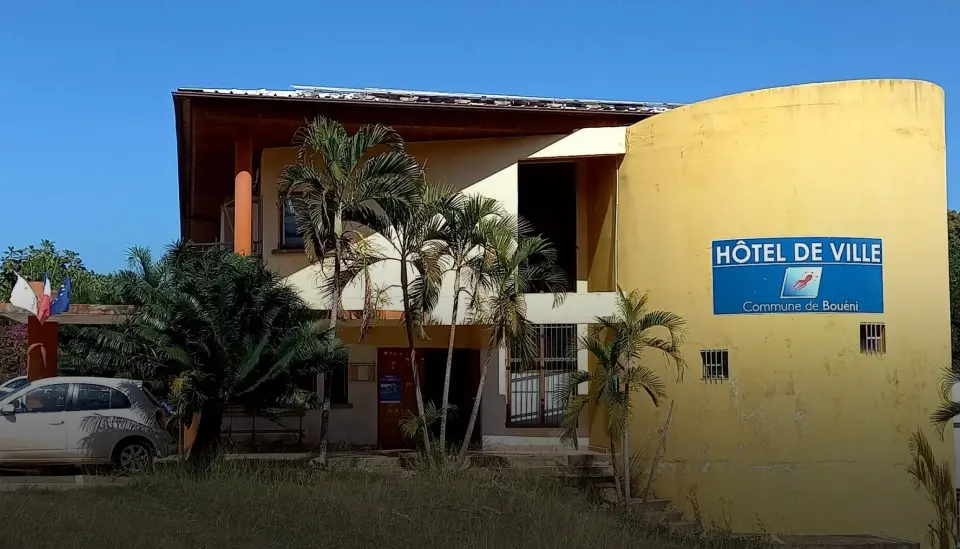A vital project for 3.4 million Malagasy people
3.4 million Malagasy people will benefit from the Drinking Water Access Improvement Project (PAAEP). This program, financed by the World Bank to the tune of USD 220 million, improves water supply in Greater Antananarivo and several secondary cities.
The project also strengthens infrastructure to limit the impact of cyclones. China Jiangxi International Economic and Technical Cooperation Co (CJIC) has won two new contracts as part of this project. The company is installing compact water treatment units in Mandroseza for nearly USD 14 million.
At the same time, CJIC is supplying equipment to rehabilitate and strengthen pumping stations in the capital and its surrounding areas. This second contract is worth USD 10.85 million. Post-cyclone work completes the project: rehabilitation and disinfection of wells and improvement of the drinking water supply. The expected completion date is nine months.
The company is expanding its operations in Madagascar. CJIC had already built a pumping station in Mandroseza, installed three booster pumps in Betongolo, Ambodimita, and Mandriambero, and then delivered a laboratory-meter building. The group won these new tenders thanks to more advantageous financial proposals than those of its competitors: two other Chinese companies, Weihai International Economic & Technical Cooperative Co. (WIETC) and China International Water and Electric Corporation (CWE), as well as the Malagasy company Aris Trading.
The PAAEP demonstrates strong political will. The government is simultaneously launching several complementary projects. The AfDB is supporting a program to mobilize and protect water resources. UNESCO is developing a plan for sustainable water security. These initiatives aim to reduce inequalities between rural and urban areas, meet domestic and industrial needs, and support economic growth.
Improving drinking water networks is a major lever for the population. According to local authorities, families have easier access to quality resources, cities are strengthening their resilience to climate hazards, and businesses are finding a more favorable environment for development.






